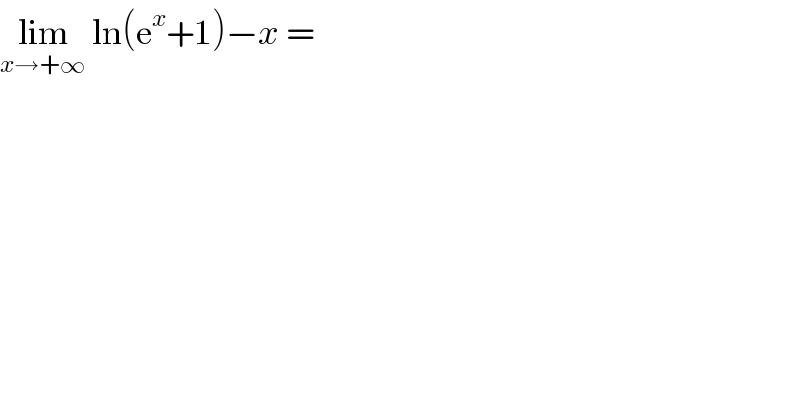
Question and Answers Forum
Question Number 93821 by john santu last updated on 15/May/20

Commented by JDamian last updated on 15/May/20

Commented by mathmax by abdo last updated on 15/May/20

Commented by Kunal12588 last updated on 15/May/20

Answered by john santu last updated on 15/May/20

